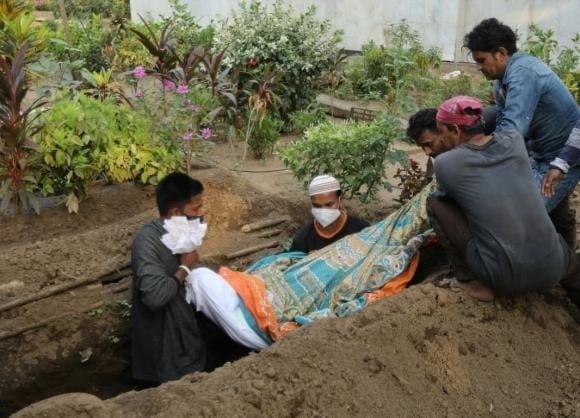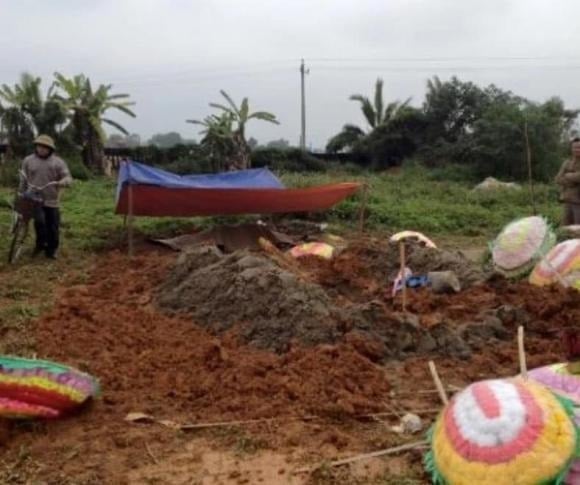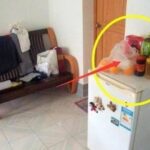Confucius once said, “Filial piety is the root of virtue.” In many Asian cultures, including Vietnam, the act of burying one’s parents is a deeply revered tradition, steeped in symbolism and respect.
The phrase, “Seven does not bury father, eight does not bury mother,” is an ancient Vietnamese saying that speaks to this very tradition. It refers to the belief that it is considered unlucky to bury one’s parents on days containing the numbers seven or eight in the lunar calendar.
Why do the elders teach: “Seven does not bury father, eight does not bury mother”
In Vietnamese folk beliefs, the numbers seven and eight are considered inauspicious for burial due to their association with Yin and Yang energies. When a father passes away, it is customary to avoid burying him on days with the number seven, as these are considered to be days of strong Yang energy, which could disrupt the balance of energies and bring misfortune.

Vietnamese folk beliefs hold that the numbers seven and eight are inauspicious for burial.
Similarly, for a mother’s passing, days with the number eight are avoided as these are believed to be days of increasing Yin energy, which could negatively impact the family’s harmony and feng shui.

Burying a mother on a day with the number eight was thought to bring an excess of Yin energy.
This belief also extends to the linguistic realm, with the Vietnamese words for seven and eight sounding similar to phrases associated with misfortune and loss.
By adhering to these traditional beliefs, families express their deep respect and affection for their departed loved ones, ensuring a peaceful transition to the afterlife.





































